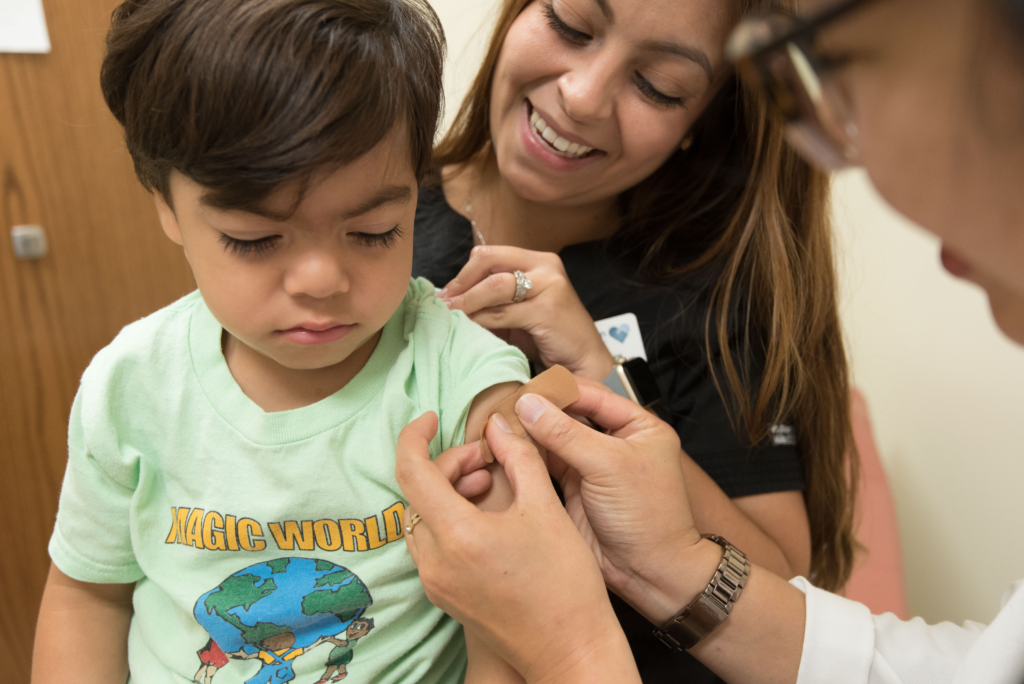
ATLANTA – The Georgia Supreme Court Thursday considered whether children in temporary custody can receive routine immunizations over their parents’ objections, though recent changes to state policy may make the case moot.
The state Department of Human Services (DHS), which oversees child welfare and foster care, sent a June 1 memo directing employees not to seek immunizations for children in temporary custody if their parents hold sincere religious objections.
In 2021, the state removed three children from their parents’ custody because of severe physical abuse by the father.
The removal was temporary, with a plan in place to eventually reunify the family after the parents met certain requirements.
The biological parents objected to their children receiving their routine childhood vaccines. They asked the Forsyth County juvenile court to stop the state from having the children immunized, claiming religious and philosophical objections.
The juvenile court denied that request, leading to the appeal to the Supreme Court.
Typically, parents whose children are in custody have the right to visit their children and the right to object or consent to an adoption.
This case considered whether parents’ rights extend further such that they could direct medical or religious aspects of their children’s lives even after the children have been removed from custody.
“If the state is doing certain things to protect the best interests of the child that… to others may have a really important religious overlay [such as immunization]: that collision is why we’re here,” said Justice Sarah Hawkins Warren.
While the removal from custody was only temporary, immunizations are irreversible, the lawyer for the parents, David Hume, contended.
“Parents expect…their rights to be fully restored at end of temporary custody…and that includes the right to direct the religious upbringing of their children and the right to object to vaccinating their children,” Hume said.
“If the children are vaccinated…over the religious objections of the parents, then that right will be lost forever,” Hume added.
But once children have been removed from their parents’ custody, parents retain very limited rights to decide what is in the children’s best interests, argued Stephen Petrany, the Georgia solicitor general, on behalf of the Department of Human Services, which oversees foster care.
“The parents have been deemed unfit because their children were being abused,” Petrany said. “The parental rights, the [religious] liberty right … is dependent on their being fit parents.”
“DFCS (The Georgia Division of Family and Children Services) and the juvenile court have to go with what their view of the best interest of the child is.”
In this case, that would be providing the children with their routine childhood immunizations, Petrany said.
DHS Commissioner Candice Broce sent a memo to DFCS employees on June 1 directing them not to seek immunizations for any child in temporary custody if the child’s parents hold a sincere religious objection.
Likewise, DFCS cannot direct foster parents and others caring for children in custody to have their own children immunized if they hold sincere religious beliefs opposing it, the memo said.
Petrany, the DHS lawyer, said the agency’s recent change in policy was not due to the dispute in this case.
Thursday marked David Nahmias’s last day hearing arguments as chief justice. Nahmias will resign on July 17, and Michael Boggs will take over as chief justice.
The court next meets to hear oral arguments on Aug. 23.
This story is available through a news partnership with Capitol Beat News Service, a project of the Georgia Press Educational Foundation.